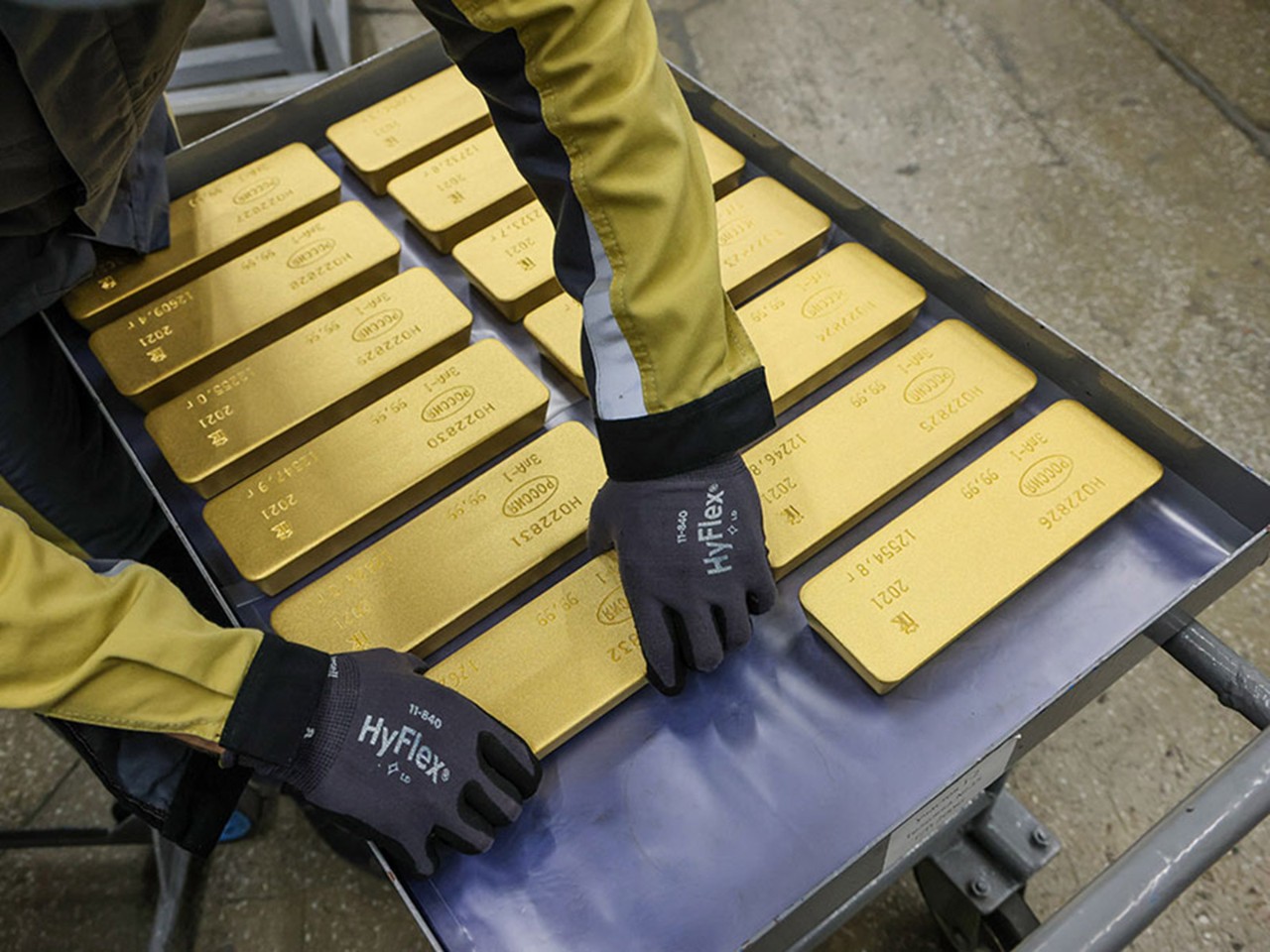
The recent landmark agreement by 130 countries and jurisdictions to set an international corporate taxation rate of at least 15% is set to shake up elements of a century-old international tax system that the OECD has described as being ‘no longer fit for purpose in today’s global and digital economy’.
In an attempt to crack down on profit shifting to low-tax locations, countries and jurisdictions that represent some of the world’s richest economies have agreed – at least in principle – to back plans for new rules taxing companies at a rate of at least 15%. The formal agreement follows an endorsement by the G7 group of wealthy nations at a meeting last month in the UK.
Need for agreement
The new rules aim to deter large companies from resorting to low-rate tax havens. Although Hong Kong is ranked as the seventh-largest tax haven in the world and the largest in Asia, according to the Tax Justice Network, a British-based advocacy group campaigning for fair taxation, it is understood that the Special Administrative Region recognises the need for international agreement on a global minimum tax rate, although members of the legislative council want to make sure that any solution is balanced and appropriately targeted.
According to the research office of the Hong Kong Legislative Council Secretariat, in 2020/21, profits tax is expected to bring in about HK$131bn or about 24% of total revenue. This will account for the government’s largest revenue item. The figure is down from nearly 28% or HK$166bn before the Covid-19 pandemic struck.
After the agreement was announced, Hong Kong Financial Secretary Paul Chan said that the proposed changes to the global tax regime might affect some of the concessions the government offers to various industries. At first glance, a global minimum tax could impact Hong Kong’s attractiveness as a place for regional headquarters, given its headline rate of 16.5%.
However, experts point out that a minimum global tax rate of 15% would only be 1.5% lower than the headline rate, meaning that many businesses that have offshore profits or are making claims under incentive regimes may find that their effective tax rate meets or is actually below the global minimum.
For example, taxes in Hong Kong are levied on the ‘territorial principle’; in other words, they are only levied on income ‘derived from or arising in’ the SAR. Additionally, no tax is levied on profits generated outside Hong Kong, even if they are remitted to the SAR. In any case, the proposed corporate tax floor would not apply to multinationals with group revenues below US$892m, so smaller companies would not be within the scope of the rules.
Incentives remain
Economists familiar with international business practices believe that companies with a presence in Hong Kong would still find incentives to remain, even if Hong Kong, as it is expected, were to comply with global minimum tax requirements. A big incentive, they say, is Hong Kong’s simple tax code, which enables companies to quickly determine and pay what they owe.
In 2020, PwC and the World Bank ranked Hong Kong as having the second most friendly tax system (after Bahrain). Hong Kong taxes and other charges account for about 22% of company profits, according to the World Bank measure.
While companies in Hong Kong are keeping a close watch on developments as participating governments are now expected to try to pass relevant laws to bring in the minimum tax level, a modest adjustment is unlikely to drive companies away from Hong Kong’s shores, as most would face far higher rates elsewhere.

